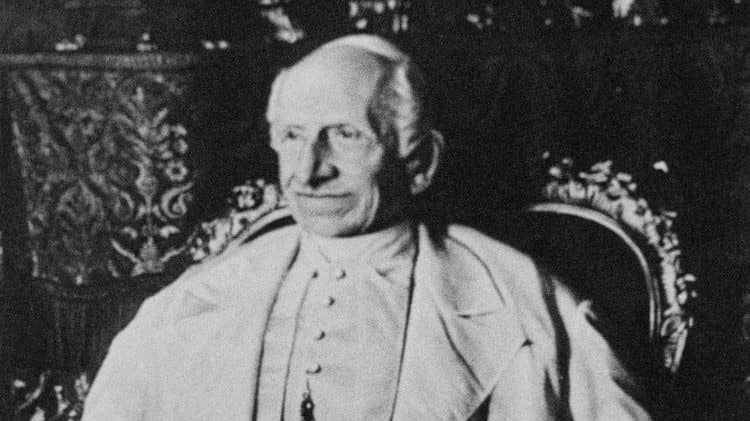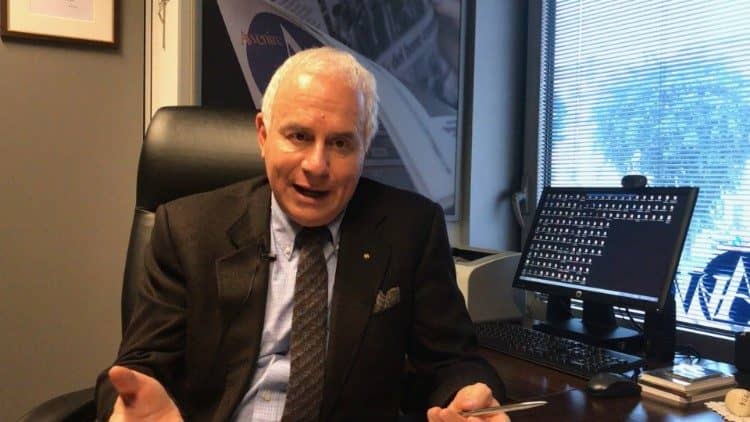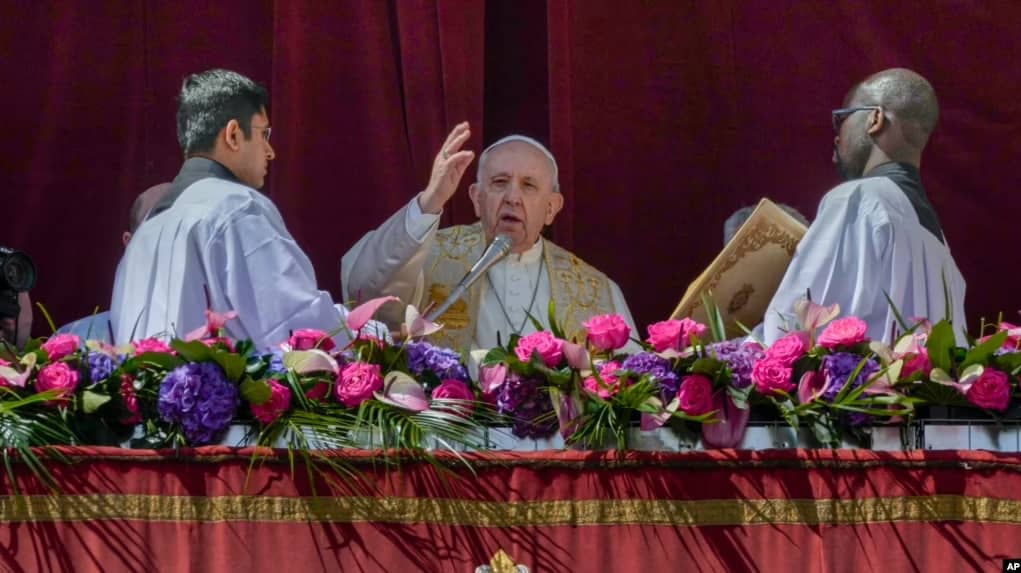ROME – Whenever there’s a vacancy in the papacy, a few old saws about the process of choosing a pope shoot back into circulation. “He who enters a conclave a pope, exits a cardinal,” is a perennial, as is, “Those who talk don’t know, and those who know don’t talk.”
(Both are actually half bunk, but that doesn’t stop them from being repeated ad nauseam.)
Among the Italians, ever colorful, there’s also the saying, “You always follow a fat pope with a thin one.” The idea is that a single perspective shouldn’t dominate the church for too long.
My personal favorite, however, is this: “Anyone who actually wants to be pope doesn’t understand the job.”
The thought comes to mind anew in recent days, as the stars have aligned to suggest that Pope Francis faces a series of agonizing choices. Each represents an object lesson in why it’s never easy being in charge, especially of a complex global institution with a following of 1.3 billion highly diverse people and expectations of being a moral exemplar.
Hard Choice #1: Vatican Labor
Not long ago Pope Francis received an open letter from Vatican workers complaining about his recent motu proprio decreeing salary cuts, as part of an effort to come to terms with a ballooning Vatican deficit estimated this year to be almost $100 million without dipping into the funds of Peter’s Pence, the annual collection intended to support papal activities.
The workers argued that the real problem with the Vatican’s money management isn’t that front line personnel are overpaid, but rather that salaries for certain superstar lay managers are grossly inflated, and that too much is being spent for costly external consultants whose recommendations often end up being ignored or ineffective.
The workers asked for a meeting with the pontiff to hash things out. The Vatican has yet to comment on whether such a session will take place, but it’s hard to imagine any pope refusing to sit down with his own staff.
As background, even without the impact of the Covid-19 crisis the Vatican would be in a precarious financial situation, because its income isn’t sufficient to sustain its current payroll, let alone meet its pension obligations. Given that a third of the Vatican workforce is within five years of retirement, that looming pension crisis represents a ticking fiscal time bomb.
Pope Francis faces a few options, all unappetizing:
- Fire or lay off about a third of his payroll, in the middle of a global pandemic and while he preaches to the world about the need to take care of the little guy.
- Jettison those high-paid lay managers and external consultants, potentially at the cost of depriving the Vatican of badly needed professional expertise.
- Renege on the Vatican’s pension obligations, informing people who’ve provided decades of loyal service that the funds they were promised in retirement just aren’t there.
- Go hat in hand to the very corporate capitalist fat-cats he often excoriates to ask for money to keep the Vatican afloat.
None of those possibilities are no-brainers, and all would come at a steep political and financial price.
Hard Choice #2: Germany
Last Friday, the Vatican announced that Pope Francis has ordered an investigation of the Archdiocese of Cologne for alleged mishandling of sexual abuse cases, including the personal roles of Cardinal Ranier Maria Woelki, Archbishop Stefan Hesse of Hamburg (who served as Cologne archdiocese’s vicar general from 2012-2015) and auxiliary bishops Dominikus Schwaderlapp and Bishop Ansgar Puff.
The probe comes at the same time that the German church is continuing its “synodal path,” including the issuance of a “fundamental text” earlier this year that recently drew a stinging rebuke from Archbishop Samuel Aquila of Denver in the US, who accused the Germans of deviating from Catholic orthodoxy on the ordination of women, the hierarchical structure of the church, and other fundamental matters.
On the one hand, Francis clearly is an advocate of synodality and wouldn’t want to be seen trying to squelch an experiment in precisely that virtue. On the other hand, he’s shown no sign he’s willing to deliver on at least some of the recommendations that seem to be bubbling up through the German process, and allowing it to go forward may thus set the stage for disappointment.
As far as Cologne goes, if the process ends in Woelki’s resignation, then Francis will have to appoint a successor. Not only would that choice be keenly scrutinized for what it might say about the abuse crisis, it could also alter the balance of power within the German episcopacy as the synodal path plays out.
None of that, needless to say, will be easy to navigate.
Hard Choice #3: Summorum Pontificum
Reports in the Italian media and on traditionalist Catholic sites in recent days suggest that when Pope Francis recently met with the Italian bishops, he said that a third draft has been crafted of a decree restricting celebration of the pre-Vatican II Latin Mass liberalized by Pope emeritus Benedict XVI in his 2007 edict Summorum Pontificum.
According to those reports, Pope Francis complained that Benedict wanted to reach out to traditionalists still attached to the old Mass, but that today it’s mostly younger seminarians who don’t even know Latin who insist on it. He apparently told a story of a bishop who was approached by a young priest who said he intended to celebrate Mass in the older form, which prompted the bishop to ask if he understood Latin. When the young priest replied that he was learning, the bishop said he could more profitably spend his time learning Spanish or Vietnamese, the languages other than English commonly spoken in the diocese.
Granted, Francis is very much a pope of Vatican II, and it may seem an easy decision to roll back a move seen in more progressive quarters as an undue concession to opponents of the council’s liturgical reforms.
Except …
Except for two considerations: One, any such move would trigger ferocious backlash in more traditionalist quarters of the church, creating a new firestorm.
Second, Summorum Pontificum in many ways was Benedict XVI’s signature decision, the one most expressive of his view of a “hermeneutic of reform, of renewal in the continuity of the one subject-Church which the Lord has given to us.’ If Francis were to effectively repeal it, it would become virtually impossible to insist any longer, as the pope and his allies always have, that Benedict and Francis are in perfect harmony with one another.
So, Francis faces a choice between failing to uphold what he sees as the legacy of a defining turning point in church history, or signing off on a perceived rupture with a pontiff he clearly respects and cherishes.
Still think the papacy is fun?
Follow John Allen on Twitter at @JohnLAllenJr.


















